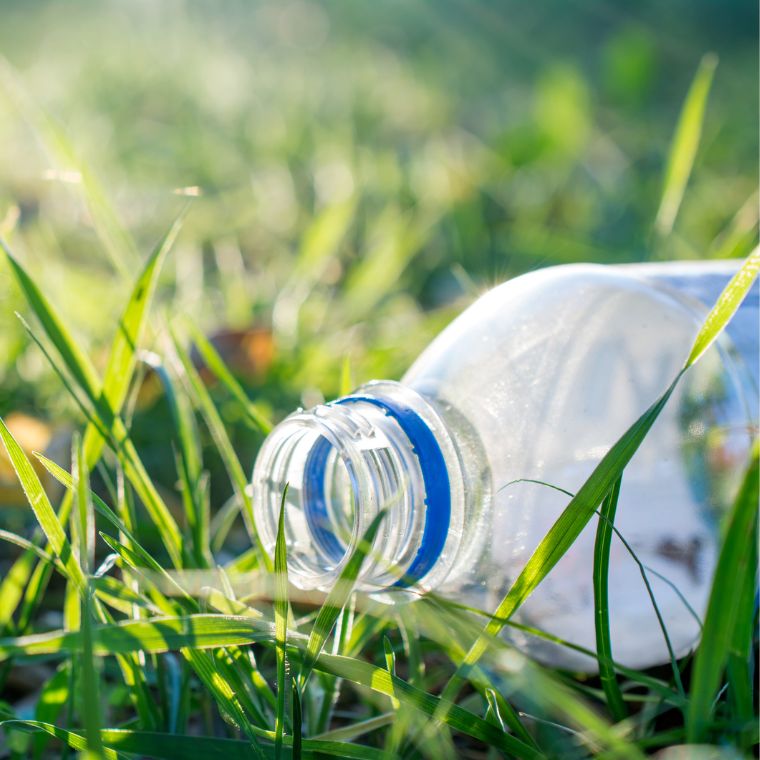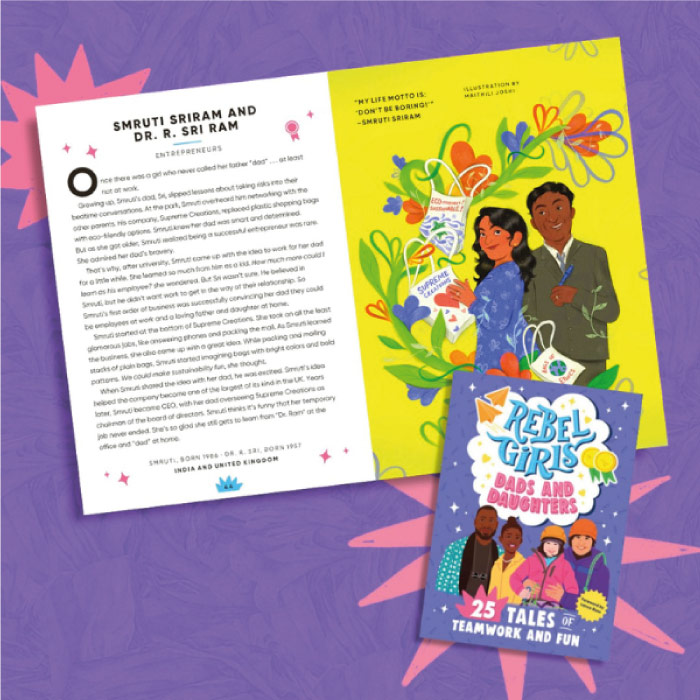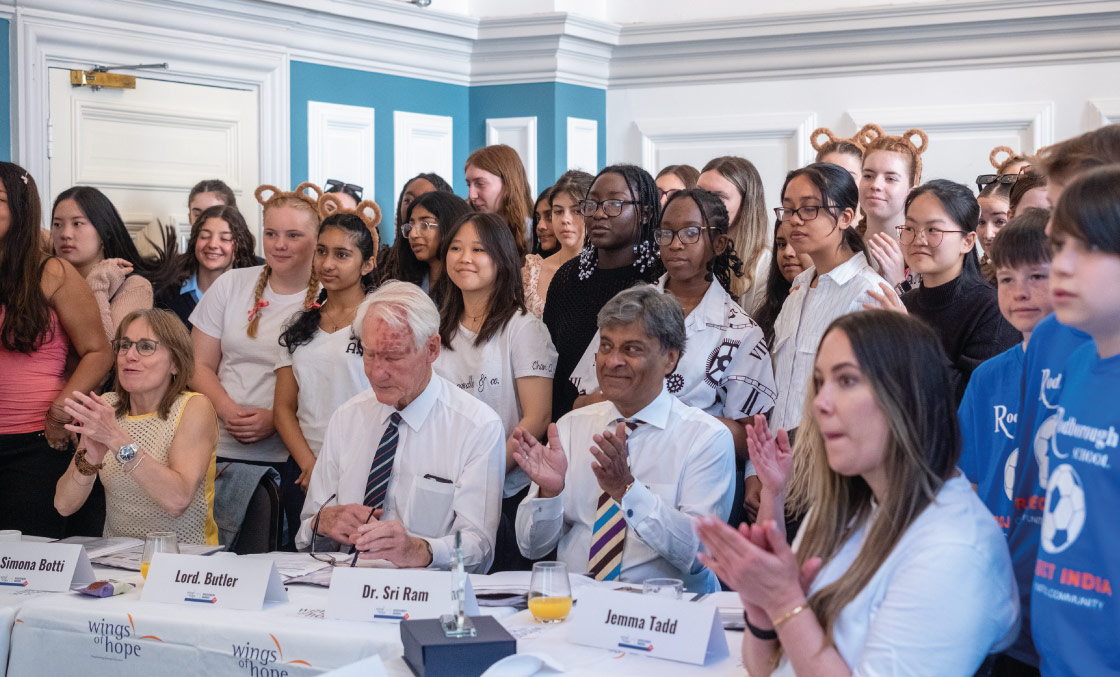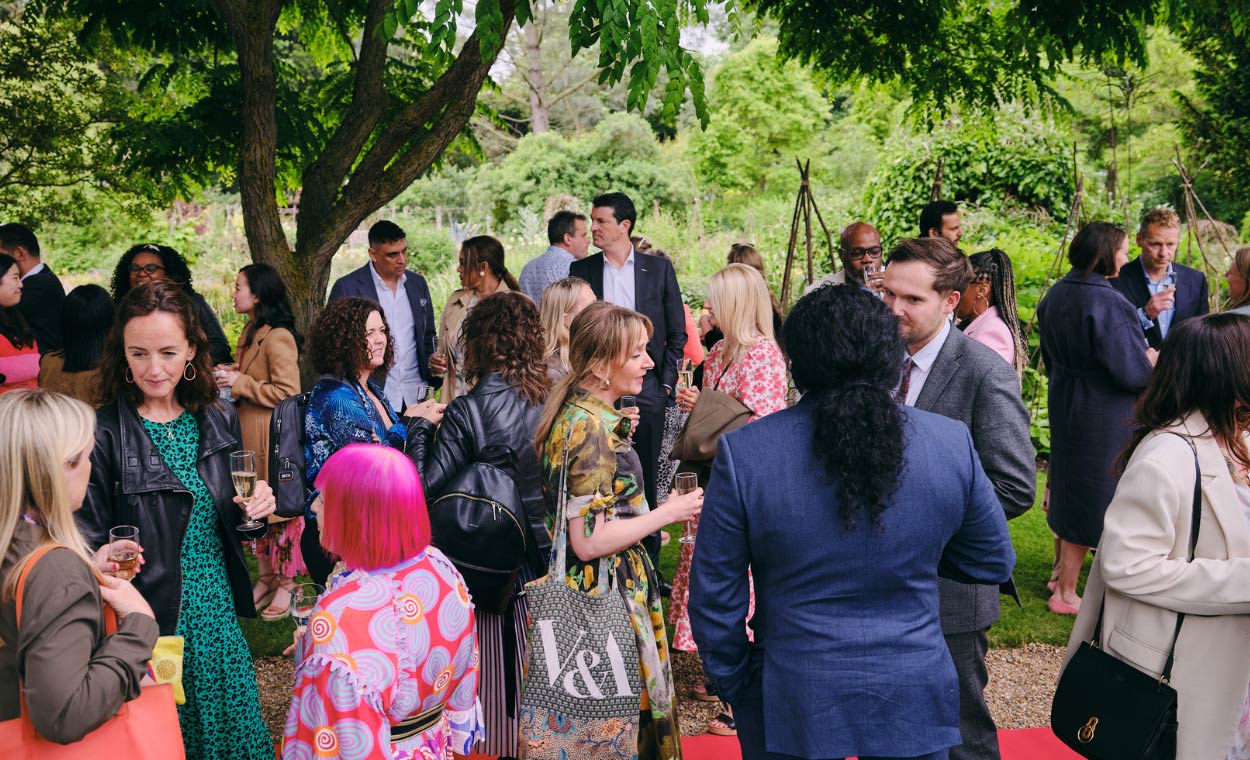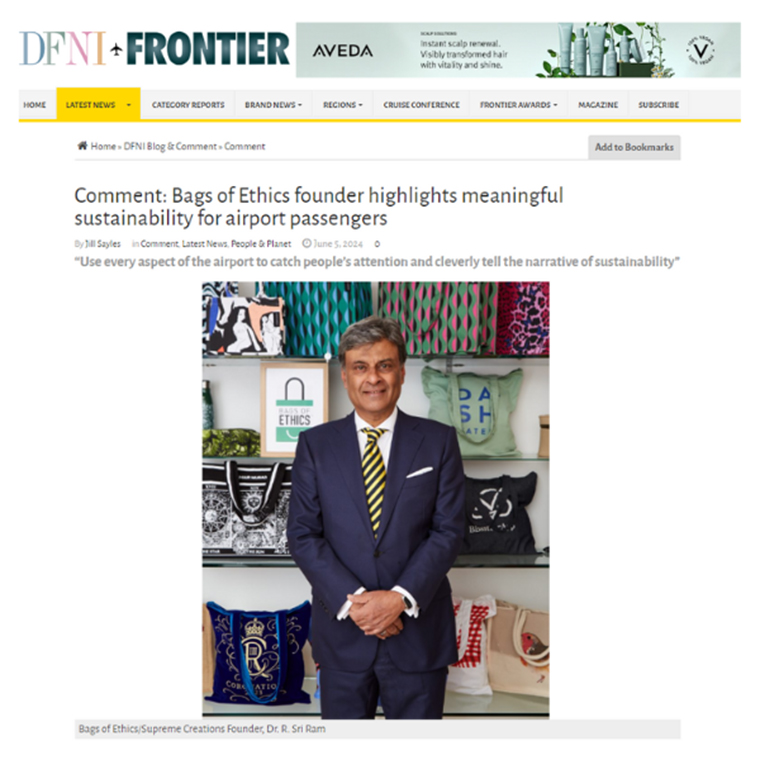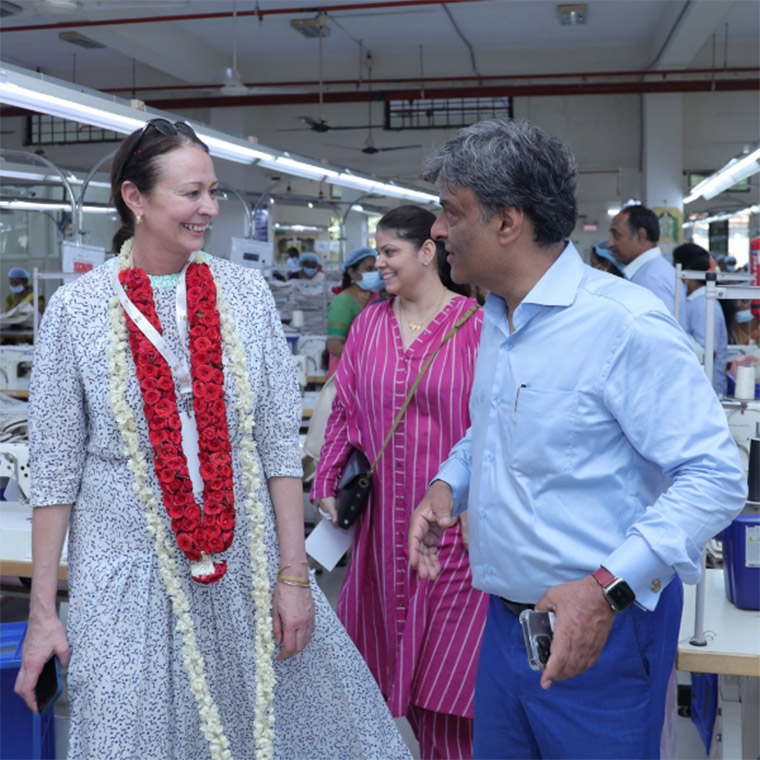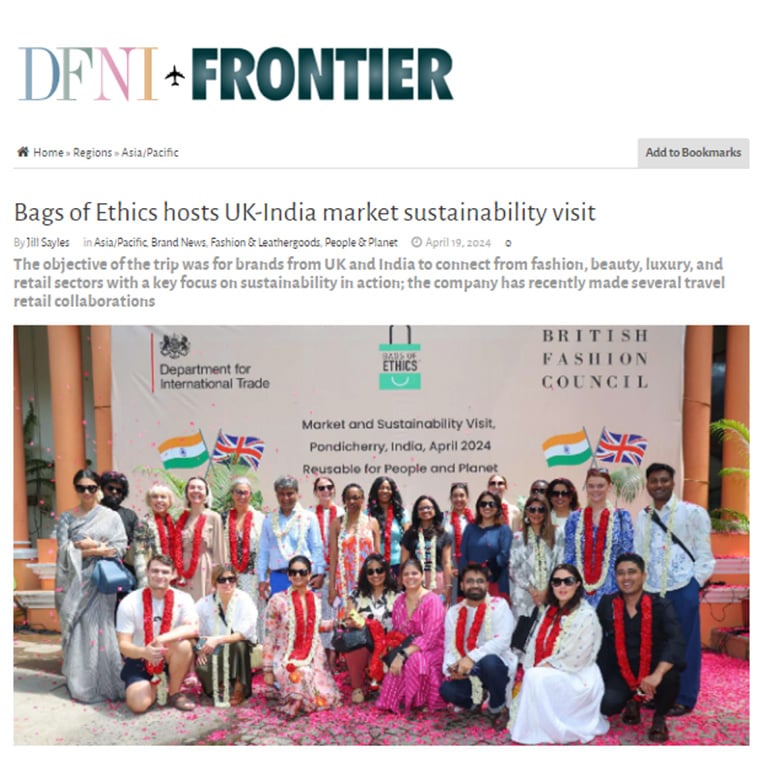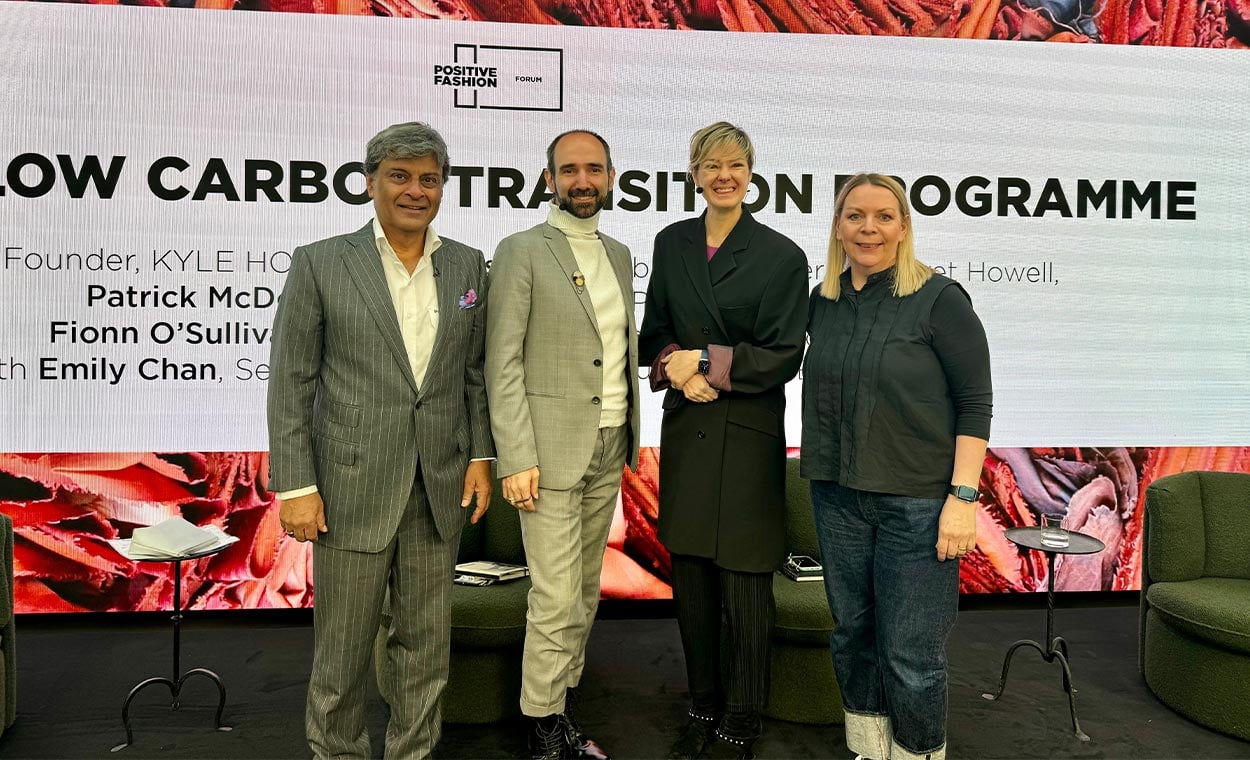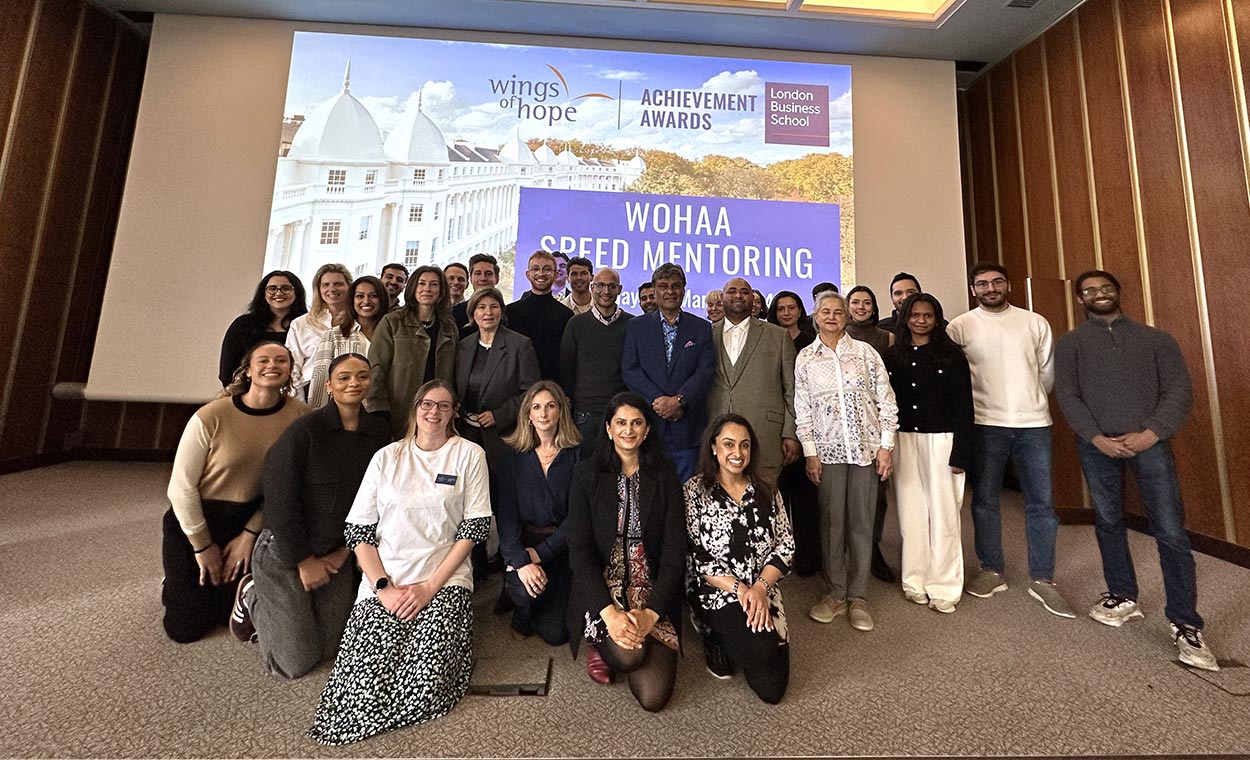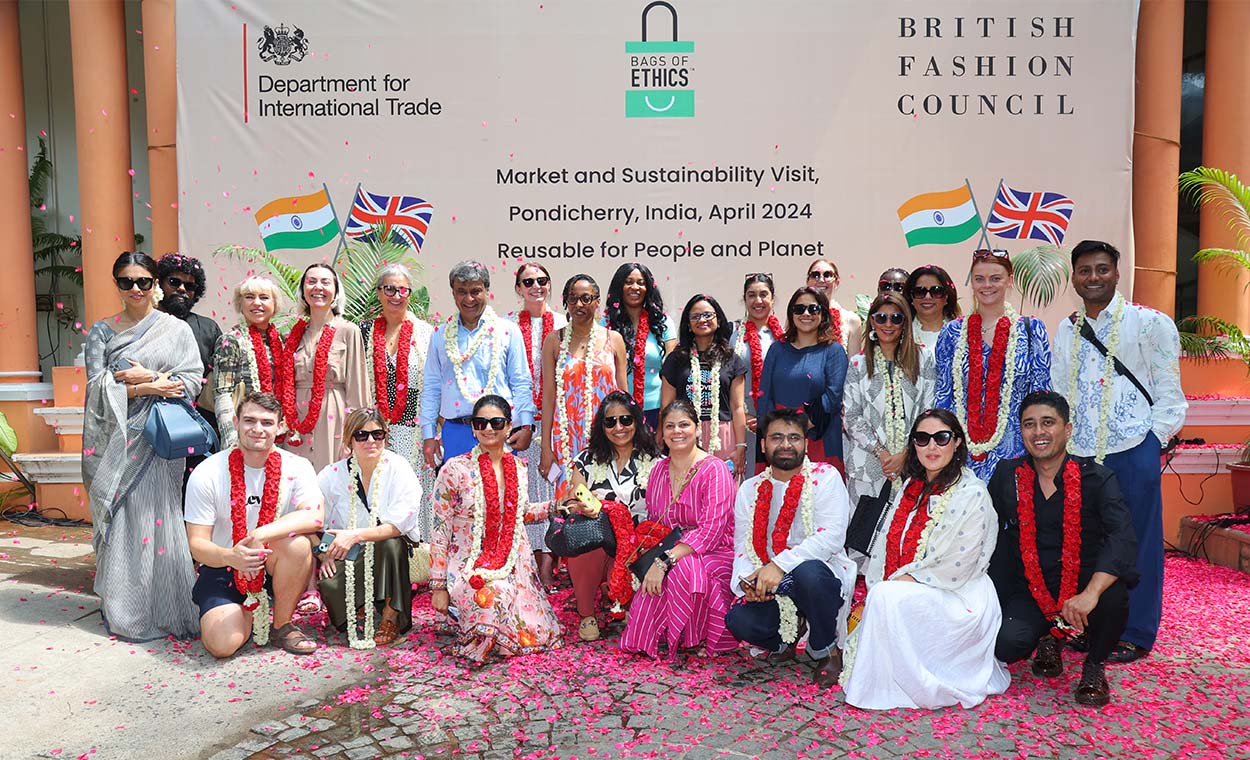We now know that replacing single-used plastic with a recycled plastic version is not going to solve the issue our planet encounters with plastic pollution – read our blog post: The Truth About Recycled Fabrics and the easy fix
However, it is a good start to acknowledge the plastic pollution issue and to try to find alternatives. Below, we have listed 26 brands to follow in their effort to tackle virgin plastic pollution.

100% of our own label and branded products packaging to be reusable, compostable or recycled by 2025.
Source:
https://www.aldi.co.uk/about-aldi/corporate-responsibility/resources-for-our-products/product-packaging-and-waste
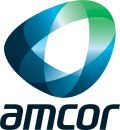
Our 2025 pledge for the planet:
Most of our packaging is already designed to be recyclable or reusable. Remaining challenges will be overcome through Amcor’s leadership and innovation, in close collaboration with others:
Source:
https://www.amcor.com/sustainability/2025-pledge
- Developing more sustainable packaging that is recyclable or reusable
- Increasing our use of recycled content
- Collaborating to increase rates of recycling, worldwide
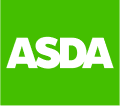
2025 priority:
Reduce packaging and drive 100% recyclability of what remains.
Source:
https://www.asda.com/creating-change-for-better/better-planet

Our 2025 pledge for the planet:
ASOS will also work to remove all non-recyclable packaging, ensure existing packaging is 100% recyclable, and implement reusable packaging where appropriate.
Source:
https://fashionjournal.com.au/fashion/asos-signs-commitment-to-reduction-of-plastic-packaging/

Britvic’s pledge in 2018
“We pledge to achieve 100% recyclable, reusable or compostable packaging by 2025.”
“Our packaging is already 100% recyclable but we will move to >50% rPET by 2025”
Source:
https://www.edie.net/from-sky-to-unilever-30-companies-post-plastic-pledges-on-edies-mission-possible-pledge-wall/

Burberry is moving to eliminate unnecessary plastic packaging by 2025, according to a new report published by the Ellen MacArthur Foundation, a charity that aims to drive brands’ transition to a circular economy. The luxury brand said that it will comply with guidelines stated in the report and aims to go beyond that. Their target is to become carbon neutral, to re-value waste and to drive positive change through 100 percent of their product and positively impact people.
Source:
https://wwd.com/fashion-news/fashion-scoops/burberry-wants-to-go-plastic-free-by-1203084004/

We have signed the UK Plastics Pact to work towards 100% recyclable packaging, 70% of all plastic packaging being effectively recycled or composted, 30% average recycled content by 2025, while continuing to eliminate problematic or unnecessary single-use packaging through redesign, innovation, or alternative delivery methods.
Source:
https://www.birdseye.co.uk/our-sustainable-path/how-do-we-make-a-difference/packaging-for-a-better-future
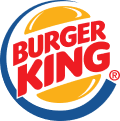
By 2025, 100% of our packaging will come from renewable, recycled or certified sources
By 2025 our goal is to recycle 100% of our packaging in all our stores
We will eliminate the use of single-use plastics and where plastic is used, on average 30% will come from recycled content.
Source:
https://www.burgerking.co.uk/good-for-our-planet-case-studies
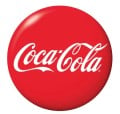
Our goal is to make 100% of our packaging recyclable globally by 2025 and to use at least 50% recycled material in our packaging by 2030.
We are fundamentally rethinking how we get our products to consumers, including what kind of packaging to use and whether a package is needed at all.
90% of our packaging is recyclable
Source:
https://www.coca-colacompany.com/sustainability/packaging-sustainability/design

In the UK & Ireland, our goal for 2025 is for every piece of packaging—from bottles to yogurt pots—to be reusable, recyclable, or compostable.
Danone in the UK was a founding signatory of the UK Plastics Pact Initiative. This means we have committed to 100% recyclable, reusable or compostable packaging by 2025. New innovative packaging solutions are being developed across our range of Waters, Essential Dairy and Plant-based products and Specialised Nutrition brands.
Source:
https://www.danone.co.uk/impact/planet/circular-economy-of-packaging.html#circle

Because we’re committed to protecting and nourishing the health of our planet and its people, we are playing our part to accelerate the transition from a linear to a circular economy of sustainable packaging. This means eliminating packaging we don’t need and innovating to create recyclable packaging that can be safely reused again and again so it remains part of the circular economy and does not become waste or pollution. In January 2018, we pledged to become a circular brand and transform our packaging to make all our plastic bottles* from 100% recycled PET (rPET) by 2025.
Source:
https://www.evian.com/en_gb/our-sustainability-actions/packaging-and-recycling/

On March 10, 2020, Grove Collaborative became the first and only plastic neutral retailer in the world in partnership with Plastic Bank®, and committed to becoming 100% plastic free by 2025 to address the global crisis around single use plastic.
Source:
https://shortyawards.com/5th-socialgood/grove-collaborative-commits-to-100-plastic-free-products-pushing-the-consumer-products-industry-fo

All packaging designed to be reusable or recyclable by 2025.
Re-use or recycle 100% of packaging waste from our own sites by 2025.
Eliminate unnecessary and problematic packaging.
Replace single-use packaging with reusable alternatives wherever possible.
Source:
https://hmgroup.com/sustainability/circularity-and-climate/packaging/
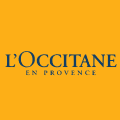
L’Occitane is now upping the ante on its commitment to respecting the planet by joining forces with Loop Industries, a technology innovator in sustainable plastic. Signing on to a multiyear supply agreement, the French beauty brand will start to incorporate Loop PET plastic into its product packaging by 2022, enabling it to increase from 30 percent recycled plastic to 100 percent in its bottles by 2025.
Source:
https://www.vogue.com/article/beauty-brands-companies-sustainable-packaging-plastic-earth-day-waste-pollution

By 2025, 100% of our plastic packaging will be refillable, reusable, recyclable or compostable.
Source:
https://www.loreal.com/en/group/about-loreal/our- purpose/reducing-plastic-packaging/

By 2025, 100% of our plastic packaging will be refillable, reusable, recyclable or compostable.
Source:
https://corporate.marksandspencer.com/sustainability/plan-a-our-planet/plastics-and-packaging
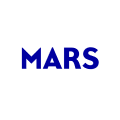
In 2019, MARS launched their 2025 Sustainable Plastic Packaging Plans. As a partner of the Ellen MacArthur Foundation New Plastic Economy initiative, MARS has planned to reduce virgin plastic use by 25% in addition to ensuring that 100% of plastic packaging is reusable, recyclable, or compostable, by 2025. In addition, MARS plans to:
Create 10 reuse programs that test new business models;
Ensure 30% average recycled content in our plastic packaging;
Establish recycling guidance for consumers in all major markets;
Eliminate PVC use by 2020.
Source:
https://www.fooddrinkeurope.eu/industry-action/mars-2025-sustainable-plastic-packaging-plan/

McDonald’s has pledged to make all of its packaging environmentally sustainable by 2025.The fast food giant will slash waste by only using renewable, recycled or certified sources, and recycle packaging across all of its stores by 2025.
This consolidates on a pre-existing pledge to source 100% of its fibre-based packaging from recycled or certified sources where no deforestation occurs.
Source:
https://www.thegrocer.co.uk/high-street/mcdonalds-makes-environmentally-sustainable-packaging-pledge/562230.article

We expect 95% of our packaging to be designed for recycling by 2025 and remain committed to achieving 100%. We are also reducing the use of newly made plastic – or virgin plastic – by one third by 2025.
Source:
https://www.nestle.com/sustainability/waste-reduction
- Developing more sustainable packaging that is recyclable or reusable
- Increasing our use of recycled content
- Collaborating to increase rates of recycling, worldwide
- Cut virgin plastic from non-renewable sources per serving across our global beverages and convenient foods portfolio by 50% through)
- Scaling new business models that avoid or minimize single-use packaging materials (e.g., models that reuse, refill, prepare at home, utilize concentrates like powders, drops, etc.)
- Doubling the percentage of all beverage servings sold through reusable models from 10% to 20%Reducing our absolute tonnage of virgin plastic from non-renewable sources by 20%, including by:
- Using market-leading bio-based and renewable materials
- Using 50% recycled content in our plastic packaging
- Developing and deploying disruptive sustainable packaging materials and new models for convenient foods and beverages (e.g. SodaStream, powders, bio-based materials, reusable or low/no package models)
Source:https://www.pepsico.com/our-impact/esg-topics-a-z/packaging
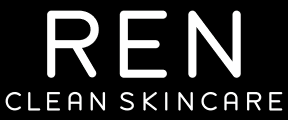
The zero-waste pledge states that all the brands will create packaging that can be recycled and reused and that contains recycled materials by 2025. REN made this same commitment in 2018 and will meet this goal in 2021. Its parent company Unilever also made a similar pledge in 2017. The purpose of the pledge is twofold: to advance sustainability and to show that collaboration is more fruitful than competition.
Source:
https://www.glossy.co/beauty/ren-caudalie-herbivore-and-others-join-zero-waste-pledge/

Global beauty giant Shiseido Company plans to make an equity investment in R Plus Japan Limited to engage in recycling used plastics as part of the company bolstering its sustainability pledge.
Placing sustainability in the center of business management has led the company to reduce its environmental impact.
Currently, Shiseido is addressing marine debris. The company’s medium-term goals will target carbon dioxide emissions, palm oil, paper, water and waste. By 2025, it aims to make all product containers 100% sustainable.
Source:
https://www.personalcareinsights.com/news/beauty-for-a-better-world-shiseido-adds-sustainability-to-group-procurement-policy.html

In 2018, we signed the Ellen MacArthur Foundation’s New Plastic Economy Global Commitment – pledging to drastically reduce the plastic we use and that, by 2025, all the plastic that we do use will be recycled, recyclable or compostable.
Source:
https://www.stellamccartney.com/gb/en/sustainability/paper-and-packaging.html

By 2025, any plastic we use in our packaging will be recyclable, reusable or compostable across every brand worldwide.
Unilever-owned Dove has announced a commitment to plastic-free soap and 100 percent-recycled bottles in new initiatives that will avoid the use of 20,000 tonnes of virgin plastic globally per year.
The move is said to be an industry-leading development and part of its 2025 pledge to tackle plastic waste. According to Dove, the amount of virgin plastic it will save globally will be enough to circle the earth 2.7 times.
Source:
https://www.unilever.com/brands/beauty-wellbeing/our-positive-beauty-strategy/
https://www.globalcosmeticsnews.com/unilever-dove-commits-to-plastic-free-soap-and-100-percent-recycled-bottles/
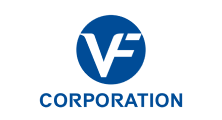
VF Corporation has announced a series of new sustainable packaging goals, including a pledge to eliminate all single-use plastic packaging, including polybags, by 2025.
All remaining non-plastic packaging used by VF and its brands will be reduced, originate from sustainable sources, and be designed for reuse or recyclability.
Source:
https://www.just-style.com/news/vf-to-eliminate-all-single-use-plastic-packaging-by-2025/

Premier Inn owner Whitbread today (Thursday, November 21 2019) announces an industry-leading ambition to eliminate the use of unnecessary* single-use plastics by 2025.
Whitbread will eliminate unnecessary single use plastics, *by which it means eliminating all plastic which is used instantaneously and is unnecessary for food safety purposes; or its removal will not lead to unintended environmental consequences by its removal, such as increased waste or carbon emissions.
Plastics to be eliminated include items such as packaging, sauce sachets and nappy bags. In future, all such unnecessary products will be eliminated. Those which are still deemed necessary for the reasons above, such as in-room single portions of milk, will be reviewed in order to be reduced, replaced with recyclable alternatives or made from recycled plastic where possible.
Source:
https://www.whitbread.co.uk/whitbread-announce-industry-leading-plastics-pledge/







